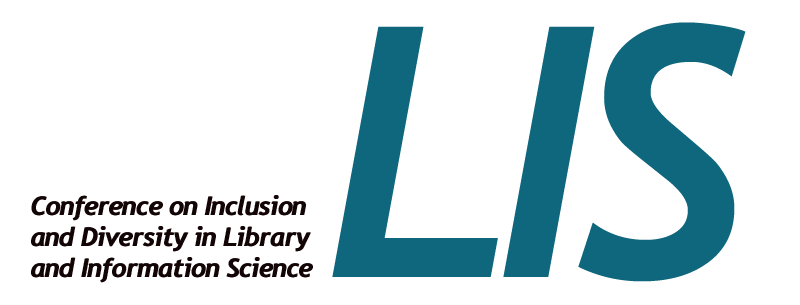CIDLIS has come to be known as a conference where participants feel welcomed, heard, and included. Your conference organizers are committed to continuing this tradition and ensuring that CIDLIS is a space where everyone feels comfortable sharing their perspectives as well as learning through interactions and conversations.
We believe that observing the following guidelines will ensure productive dialogue during your time at CIDLIS:
- Follow the WAIT (Why Am I Talking?) concept: To ensure that everyone has a chance to contribute in personal conversations and those that take place in the larger group, make sure that your comments and questions are concise and on topic and that you do not interrupt other speakers.
- Keep an open mind: Acknowledge and inquire with interest about the perspectives of others. Share your perspectives and also listen to the perspectives of others.
- Value dissenting opinions: We are all attending the same conference but we do not all have identical opinions. Notice and respect opinions that differ from yours and seek to understand them. Suspend debate and the need to prove the other person wrong.
- Be mindful of your verbal and nonverbal cues: Consider how your tone and volume might be interpreted by others. Also consider what message nonverbal cues (gestures, facial expressions, eye rolls) send to the people with whom you are conversing.
- Avoid making generalizations: Avoid making blanket statements about groups of people (i.e. ethnic groups, political parties, religious groups, etc.).
- Keep your comments kind: Remember the adage, “If you don’t have anything nice to say, don’t say anything at all”? Adhere to it in the event that you feel compelled to make a less than flattering comment about a person or group of people.
The above guidelines are based upon language and ideas contained on the following sites:
Legacy Business Cultures: https://legacycultures.com/engaging-in-respectful-dialogue/
Free Minds, Free People: https://fmfp.org/about/guidelines-for-healthy-dialogue/
Guidelines for Respectful Discussion: https://www.glsen.org/gsa/respectful-discussion
